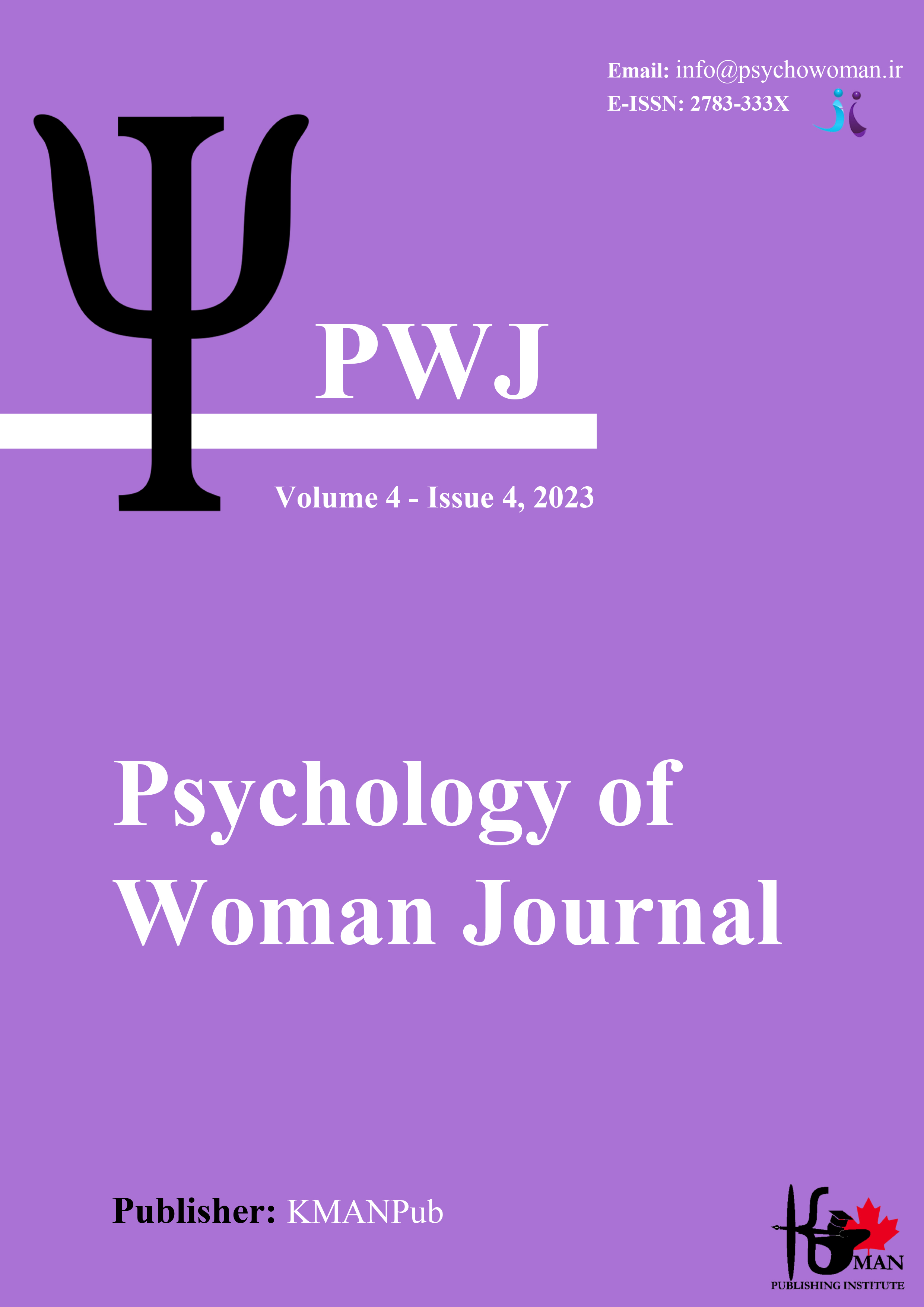The Effectiveness of CBT on Perceived Social Support, Cultural Competence, and Financial Stress in Depressed Women
Keywords:
Cognitive Behavioral Therapy, Depression, Perceived Social Support, Cultural Competence, Financial Stress, Randomized Controlled Trial, Women’s Mental HealthAbstract
Objective: This study aimed to evaluate the effectiveness of Cognitive Behavioral Therapy (CBT) in enhancing perceived social support and cultural competence while reducing financial stress among depressed women.
Methods and Materials: A randomized controlled trial was conducted with 30 women from Tehran, divided into an intervention group and a control group, with 15 participants in each. The intervention group received eight 90-minute CBT sessions over two months, while the control group received no intervention. Data were collected at baseline, post-intervention, and at a five-month follow-up. Repeated measures ANOVA was performed to analyze differences across time points, followed by Bonferroni post-hoc tests to assess specific changes. SPSS software (version 27) was used for all statistical analyses.
Findings: The repeated measures ANOVA revealed significant improvements in the intervention group compared to the control group for all three variables. Perceived social support showed a significant between-group effect, F(1, 28) = 12.34, p = 0.001, with a large effect size (η² = 0.31). Cultural competence also had a significant effect, F(1, 28) = 14.76, p = 0.0008, with an effect size of 0.34. Financial stress was significantly reduced, F(1, 28) = 10.89, p = 0.002, with an effect size of 0.28. Bonferroni post-hoc tests confirmed these results, showing significant improvements in perceived social support (p = 0.002), cultural competence (p = 0.003), and a reduction in financial stress (p = 0.001).
Conclusion: Cognitive Behavioral Therapy significantly improves perceived social support and cultural competence while effectively reducing financial stress among depressed women. These findings suggest that CBT is a comprehensive and culturally adaptable intervention for addressing multiple dimensions of psychological and socioeconomic distress, with benefits that may be sustained over time.
Downloads
Downloads
Additional Files
Published
Submitted
Revised
Accepted
Issue
Section
License
Copyright (c) 2023 Fatemeh Forghani Elahabadi (Corresponding Author)

This work is licensed under a Creative Commons Attribution-NonCommercial 4.0 International License.

















